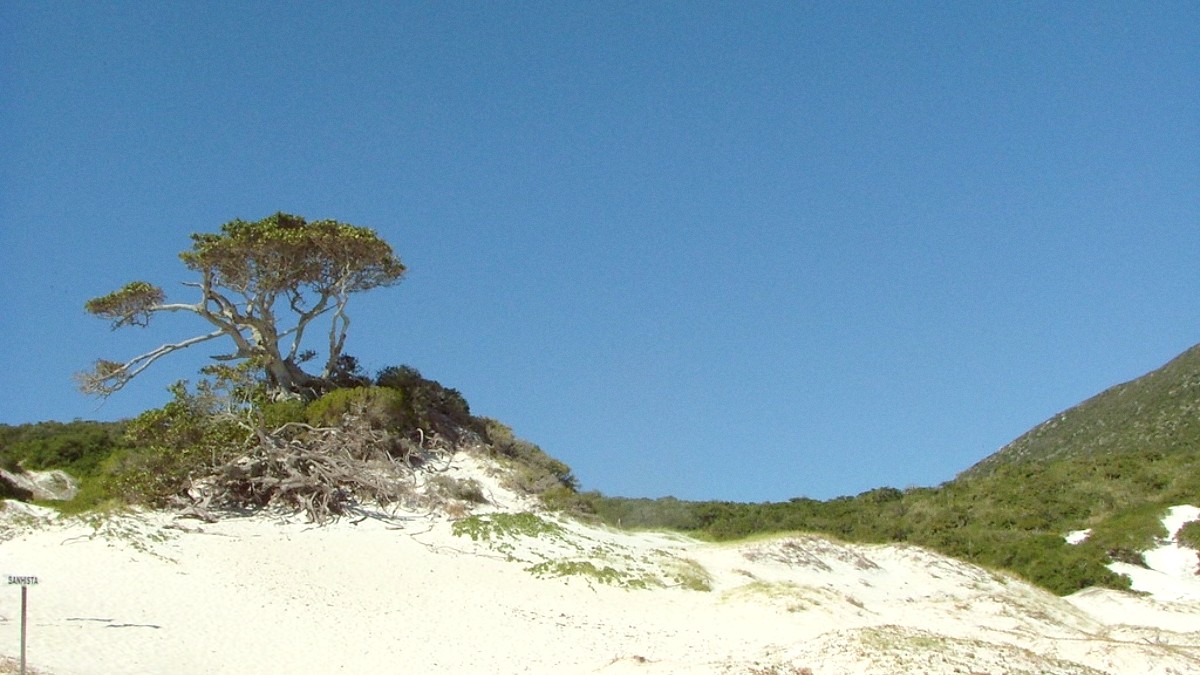
The Southeast, Brazil
All visitors need a passport valid for at least six months beyond their intended departure from Brazil. For eVisa applicants, a digital passport-style photo and a scanned copy of the passport's biographical page are typical requirements.
Immigration officials upon arrival may ask for proof of onward or return travel and evidence of sufficient funds for your stay. Keep these documents easily accessible and secure. Brazil does not levy general entry fees for tourists at its borders, beyond any applicable visa fee.
Búzios tourism activities generally do not need special permits. This simplifies travel within the town and its immediate surroundings.
Brazil currently has no mandatory health-related entry requirements for most tourists from non-endemic areas. A Yellow Fever vaccination certificate is recommended for travelers to certain areas of Brazil, like the Amazon region, but typically not for coastal areas like Búzios. Consult a healthcare professional regarding vaccinations for your plans.
Per Night
Hostel Dorm: R$60-150 / Mid-range Pousada/Hotel: R$200-500
Luxury Hotel/Resort: R$600-2000+
Per Person
Street Food: R$10-30 / Casual Restaurant: R$40-80
Mid-range: R$80-150 / Fine Dining: R$150-400+
Per Ride/Day
Local Van/Kombi: R$3-5 / Taxi (short): R$20-50
Buggy Rental (daily): R$150-300 / Shuttle from Rio: R$150-250
Travel in shoulder or low season. This choice significantly reduces accommodation and flight costs. Utilize local "por quilo" (per kilo) restaurants for lunch; these buffets offer good value. Explore street food choices. Purchase groceries from local supermarkets and prepare some meals, especially if your accommodation offers kitchen access.
Use vans/kombis. These shared mini-vans represent the most economical way to navigate Búzios. They provide low-cost and frequent transport. Many central beaches and the main street are easily walkable, saving on transport. Stay in hostels or more basic pousadas located away from the immediate beachfront or Rua das Pedras for better prices.
Cost benefits occur with off-peak travel.
Authentic and affordable meals from local establishments.
Save on transit by walking to beaches.
Stay slightly away from prime locations for value.
For longer taxi rides or direct tours, some negotiation is possible, especially in the low season.
Búzios is generally safe, but preparation and awareness are always wise. Being aware of potential health issues and adopting preventive measures maintains health.
Be aware of common health issues and take preventive measures. Traveler's Diarrhea: Drink only bottled or purified water. Avoid ice from tap water. Eat well-cooked food from reputable establishments.
Búzios has public health clinics and some private clinics. For serious emergencies, transfer to a larger hospital in Cabo Frio or Rio de Janeiro may be needed. Private hospitals offer better facilities but require direct payment or travel insurance coverage. Understand your insurance policy before you travel.
Comprehensive travel insurance is highly recognized. It should cover medical emergencies, emergency evacuation, trip cancellation or interruption, lost luggage, and personal liability. Verify that your policy covers activities like water sports if you plan to participate.
Consider factors beyond the main highlights. Evaluate the distinct characteristics of each season and how they align with your travel style and activity preferences.
The tropical climate of Búzios means consistently warm temperatures. Evaluate the wet and dry seasons, each offering distinct experiences for visitors.
High season brings lively crowds and peak prices, while low season offers tranquility and better value. Shoulder seasons balance pleasant weather with fewer tourists and improved value.
Búzios boasts over 20 unique beaches. From calm, family-friendly shores to popular surfing spots, a diverse coastline awaits exploration. Experience crystal-clear waters perfect for swimming and sunbathing.
Clear, calm waters are frequent during the dry season (May-September).
Peak sun requires consistent sunscreen reapplication and seeking shade.
Rua das Pedras is the heart of Búzios' evenings. Discover gourmet restaurants, cozy bars, and charming boutiques. The blend of historical cobblestone and modern sophistication creates an unique atmosphere.
High season (Dec-Feb) offers the most social scene and events.
Expect higher prices for dining and activities during peak periods.
Engage in diverse water sports like snorkeling, diving, and boat tours around the peninsula's islands. Surfing enthusiasts find favorable waves, especially at Geribá. Buggy rentals offer an exciting way to explore the varied terrain.
Water clarity for snorkeling improves significantly in the dry season.
Mosquito activity is higher during the wet season; repellent is advised.
| Category | Budget | Mid-Range |
|---|---|---|
| Accommodation | R$60-150 | R$200-500 |
| Meals | R$10-80 | R$80-150 |
| Local Transport | R$3-5 | R$15-50 |